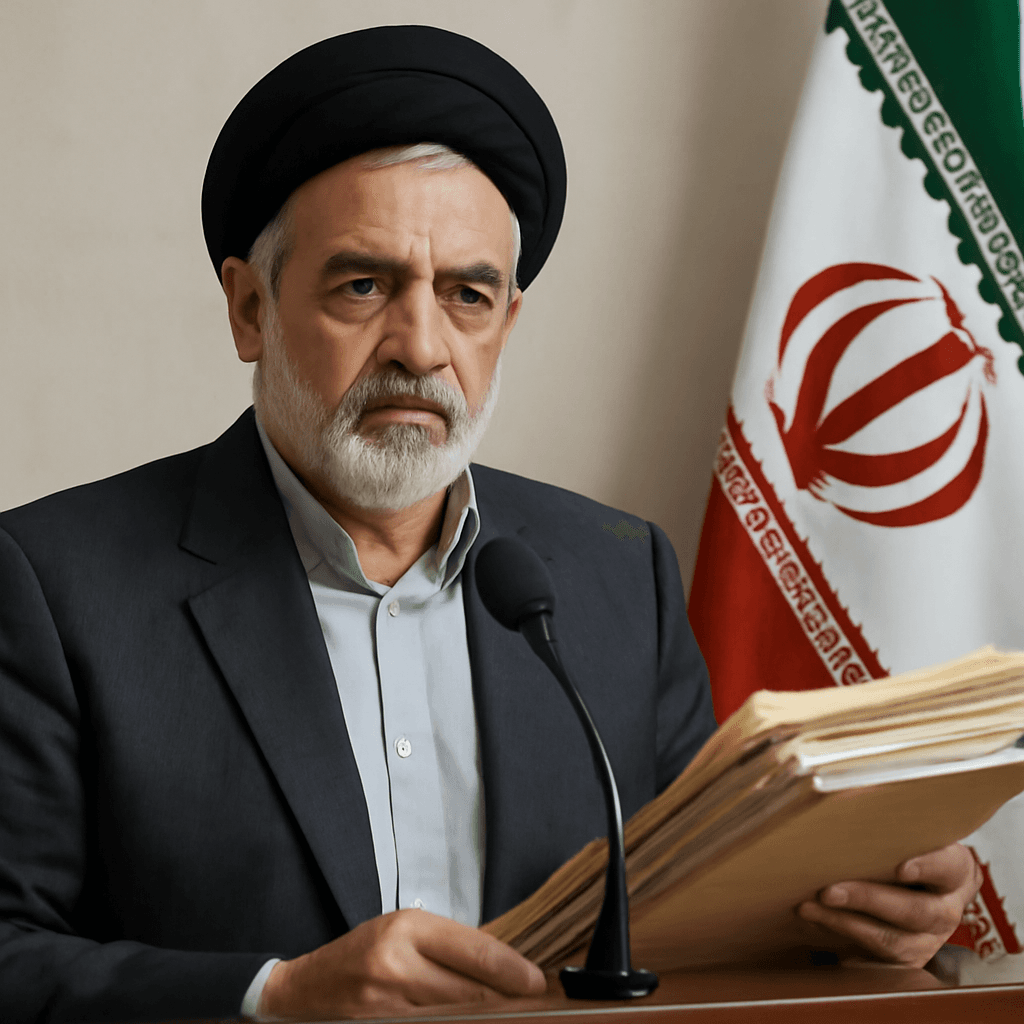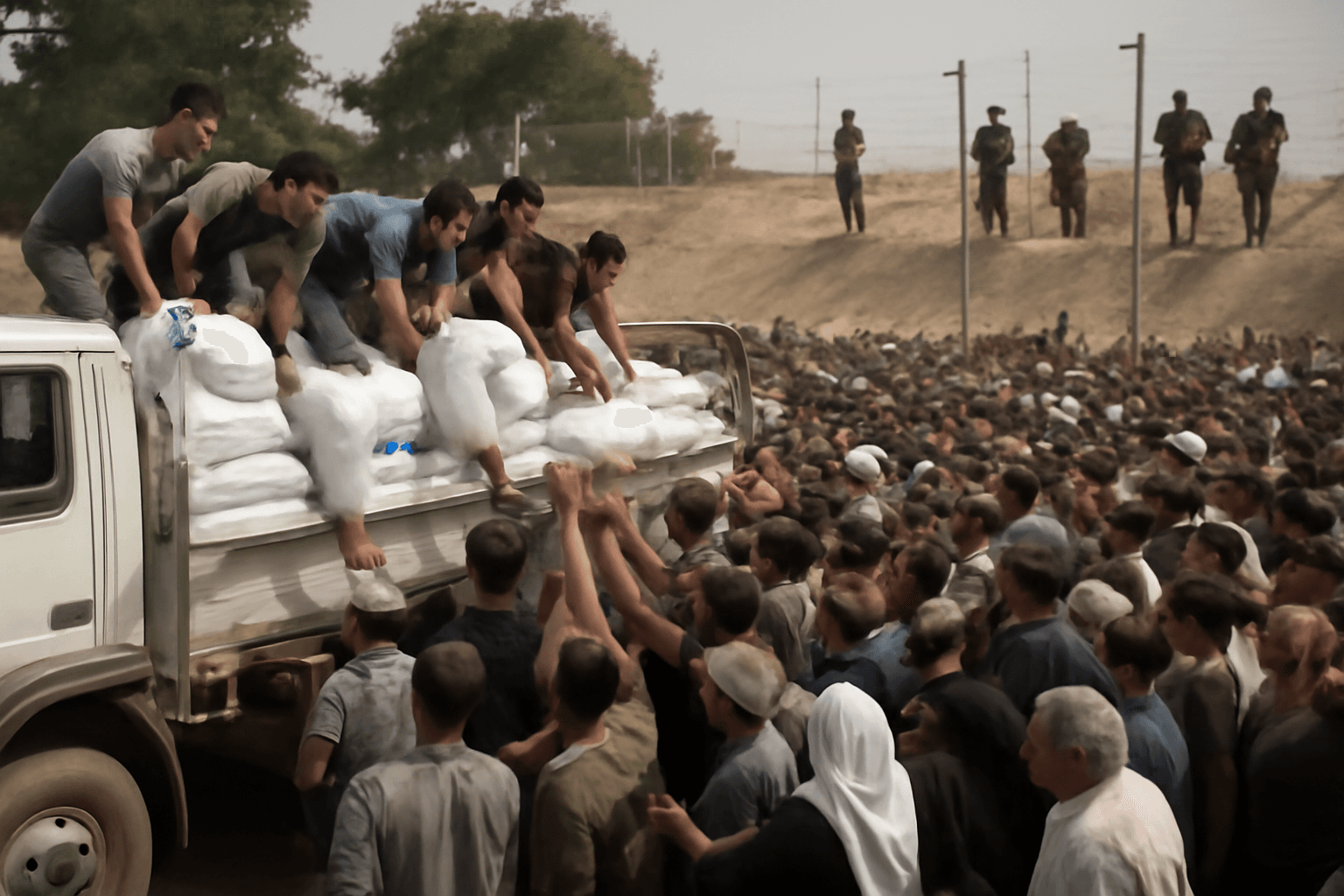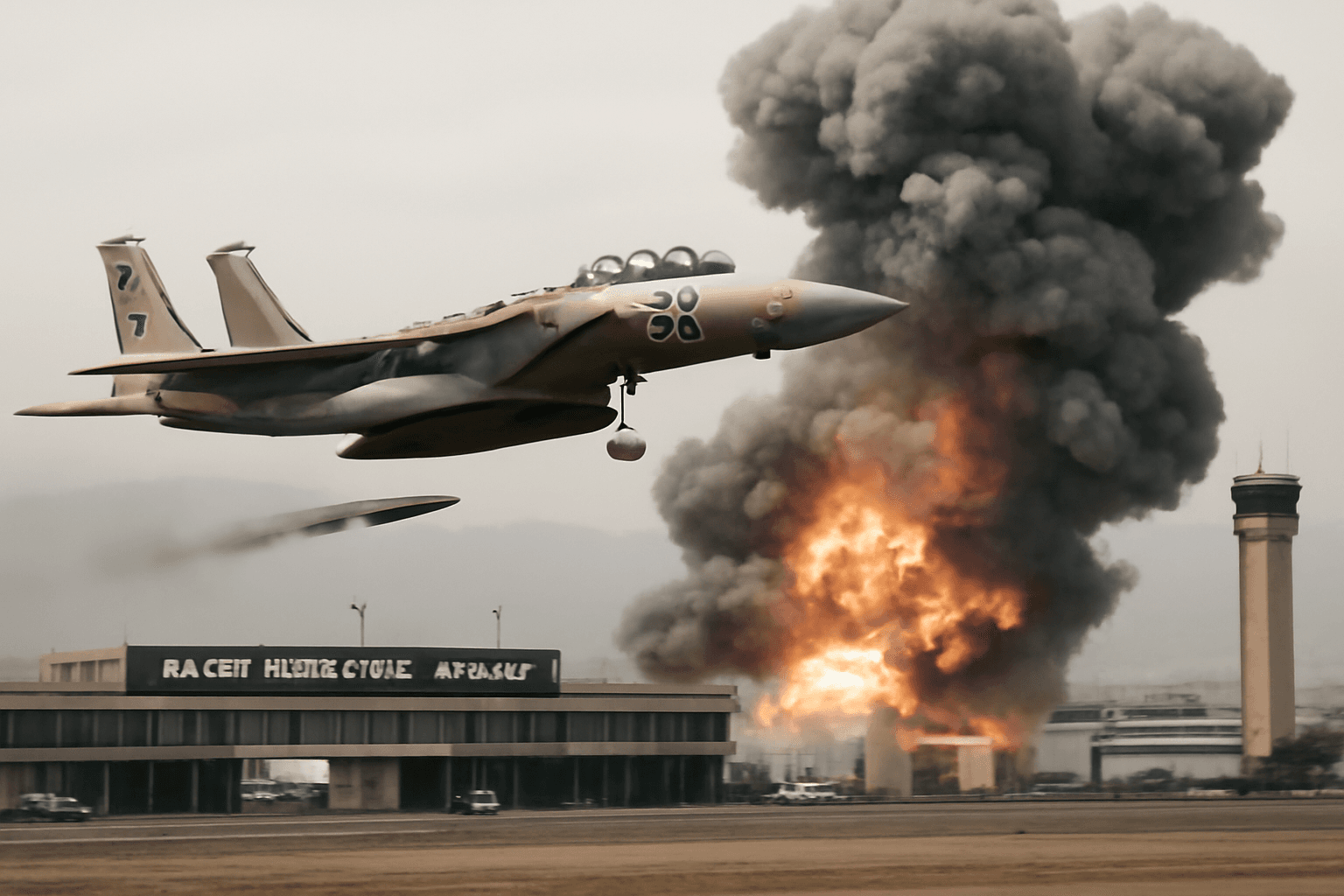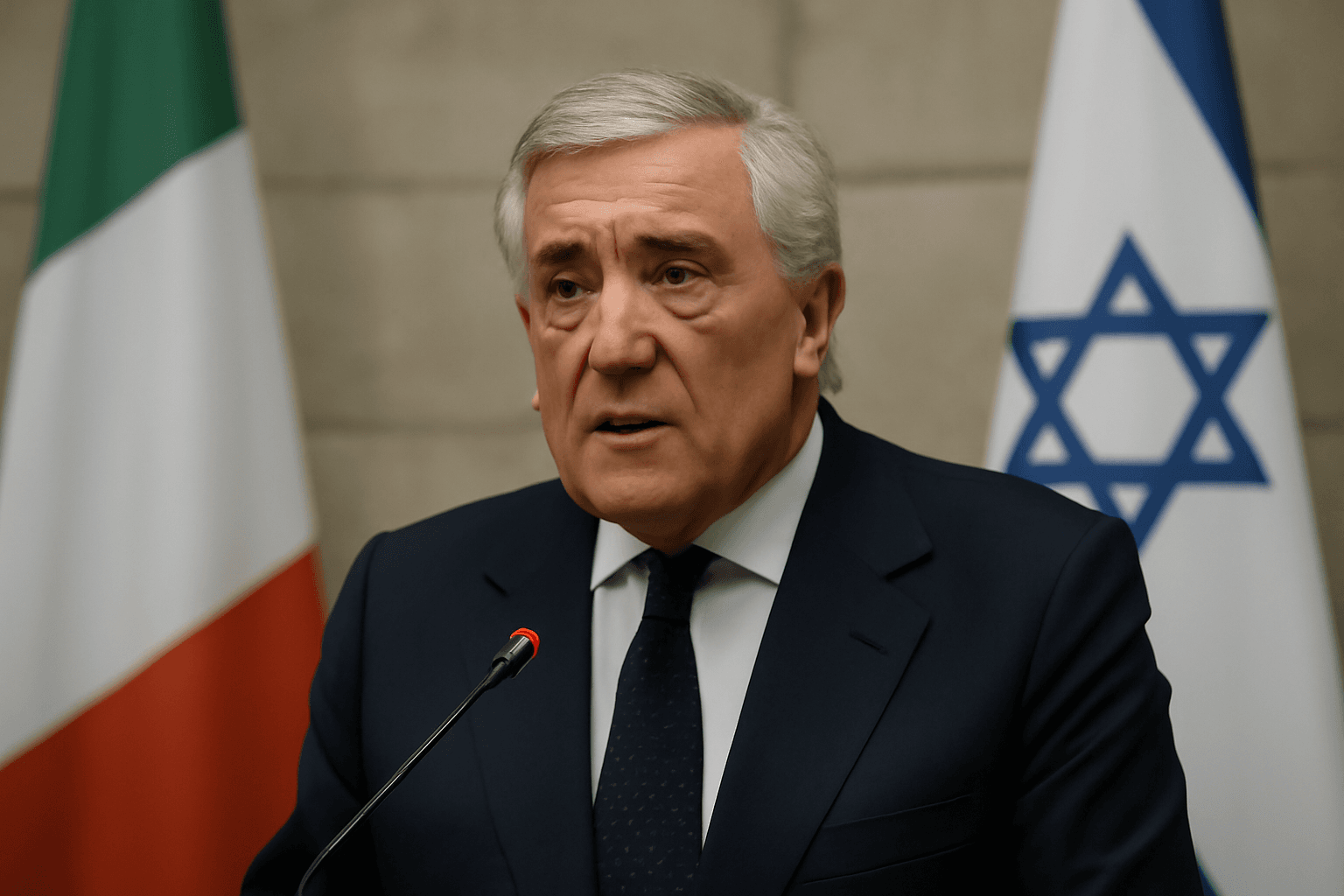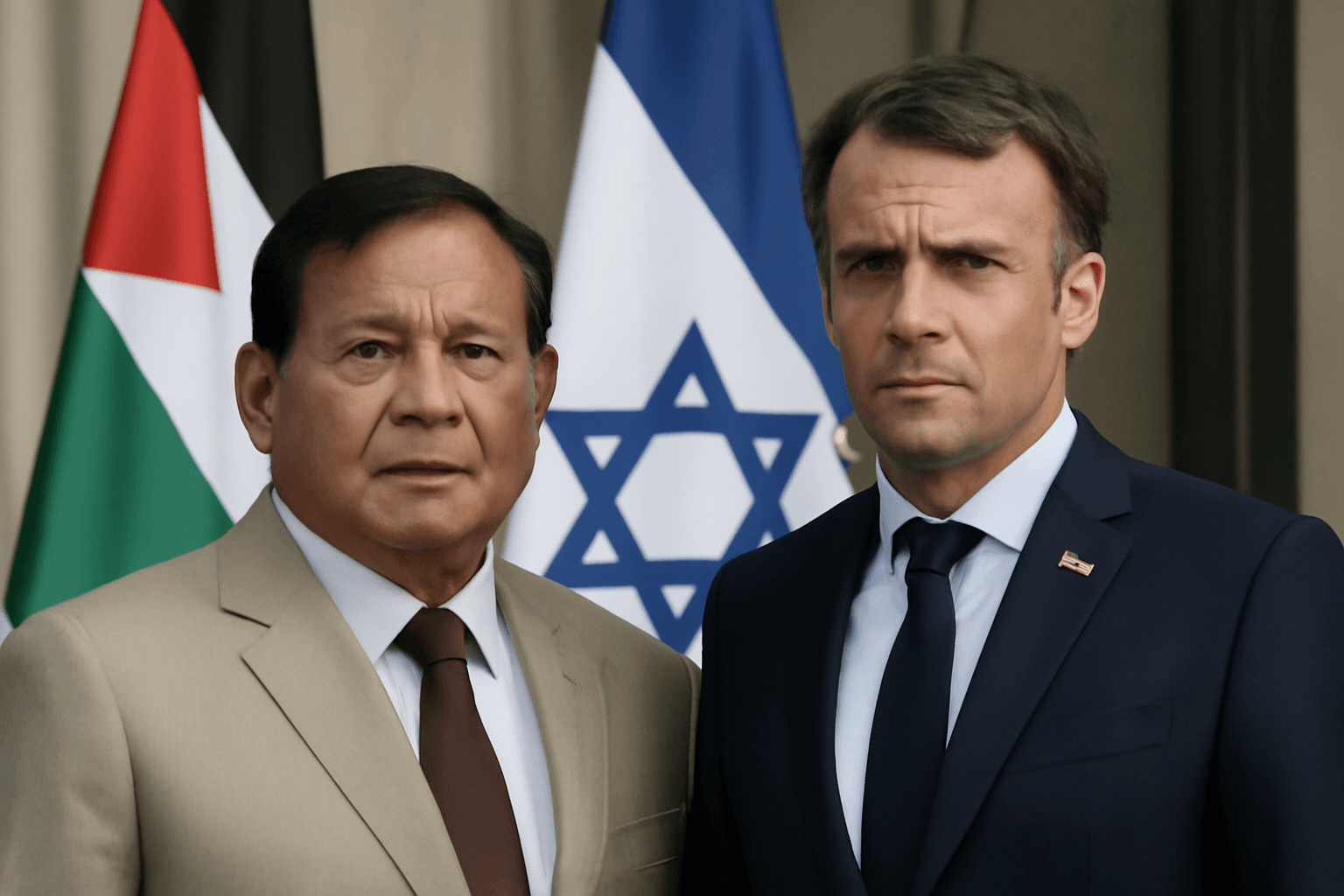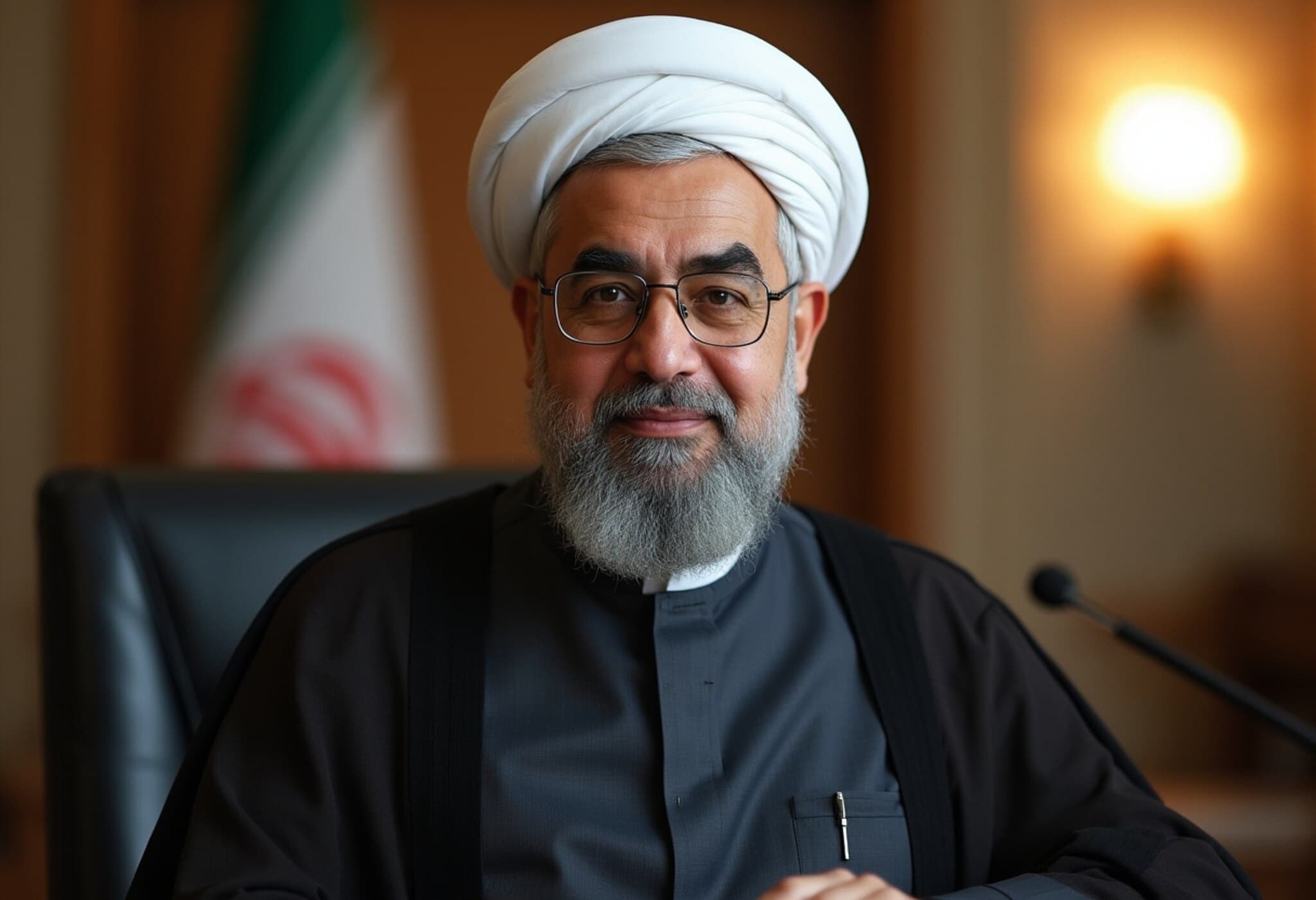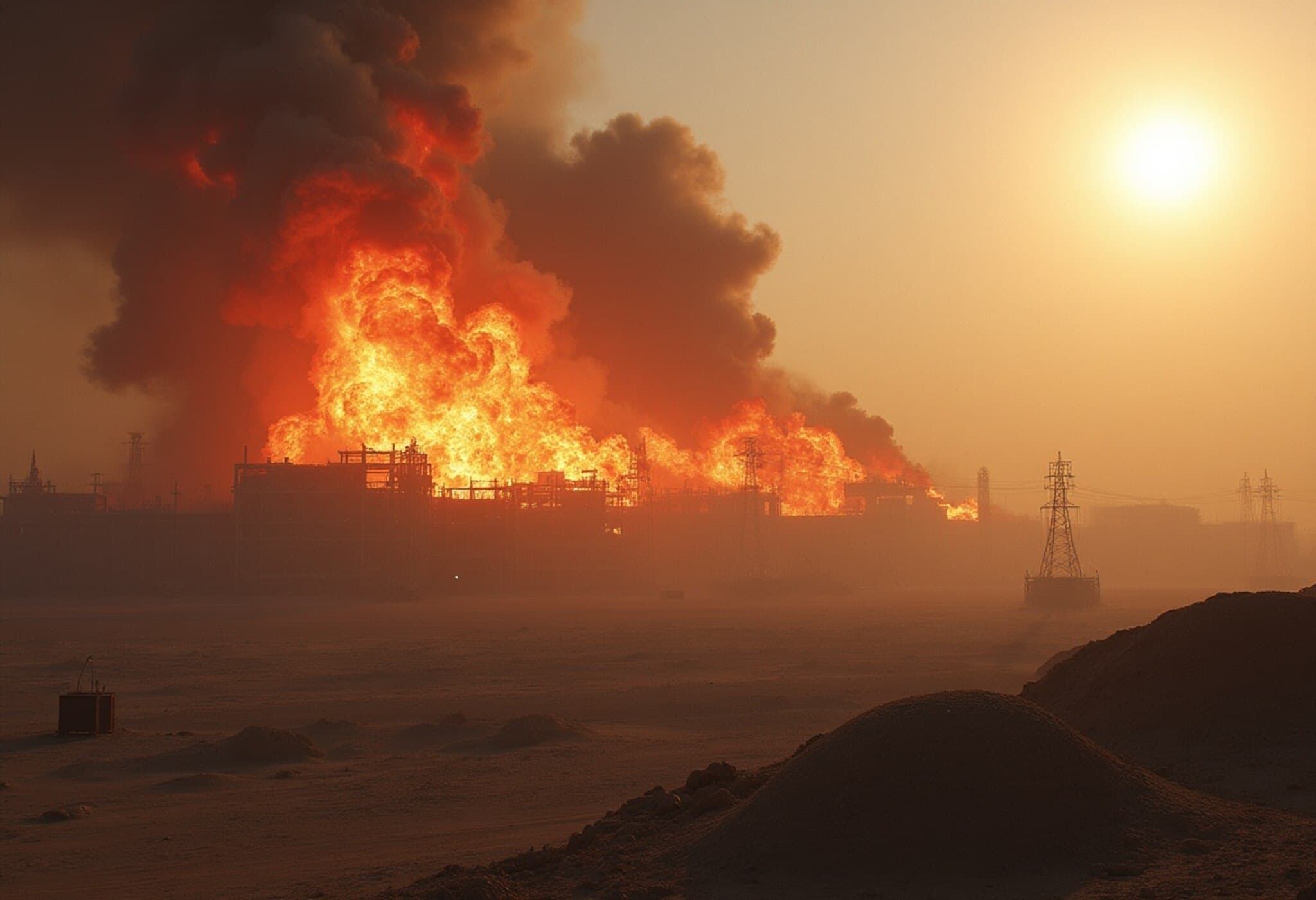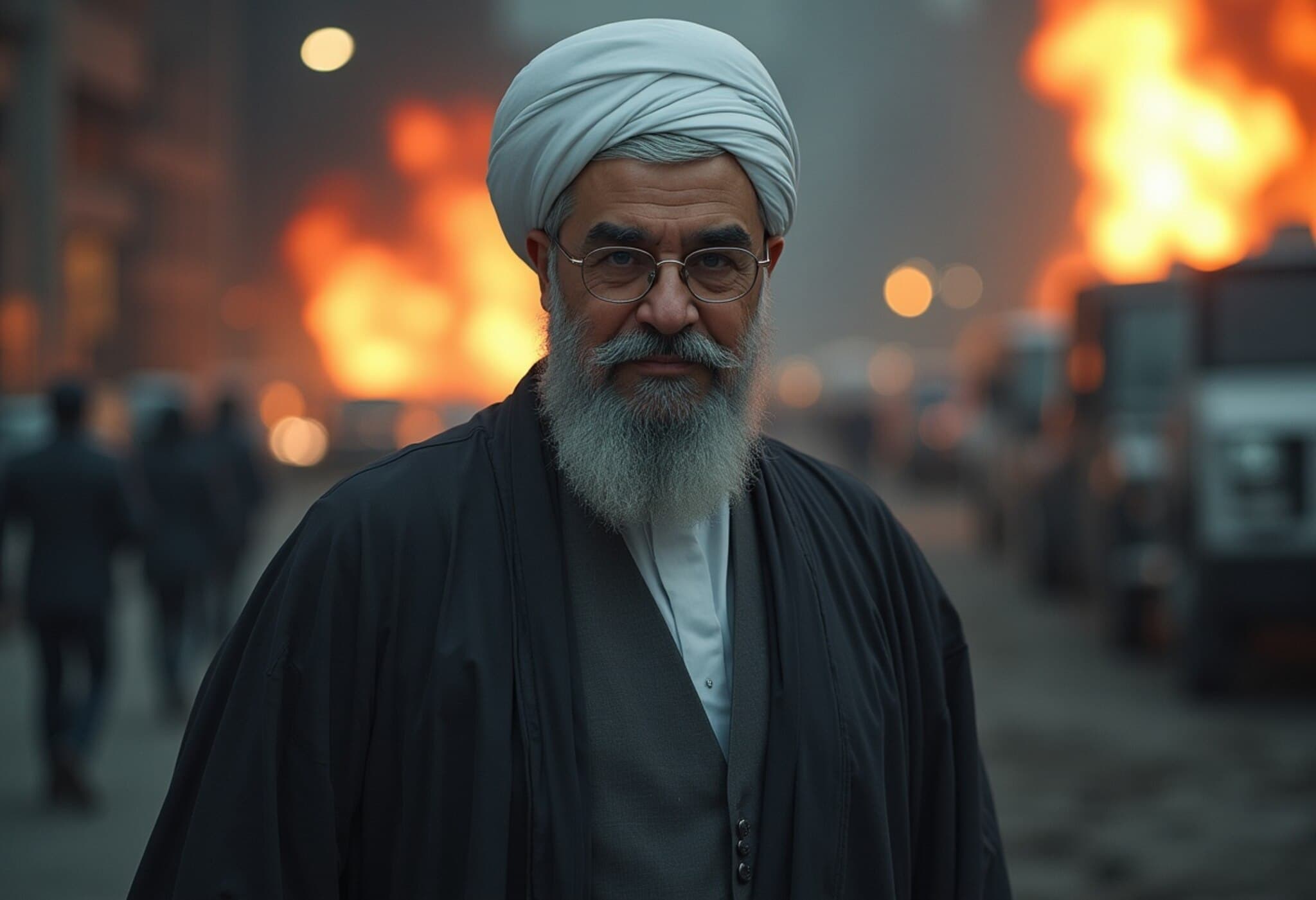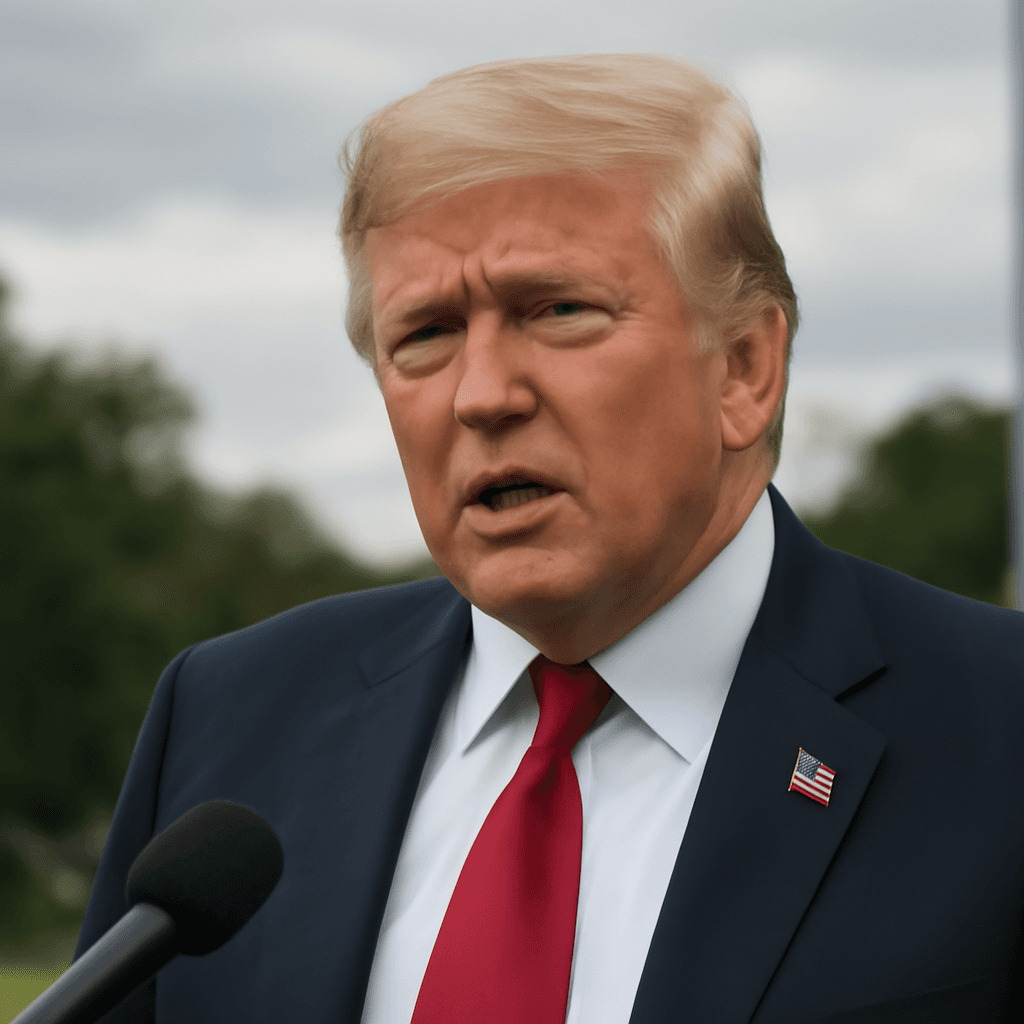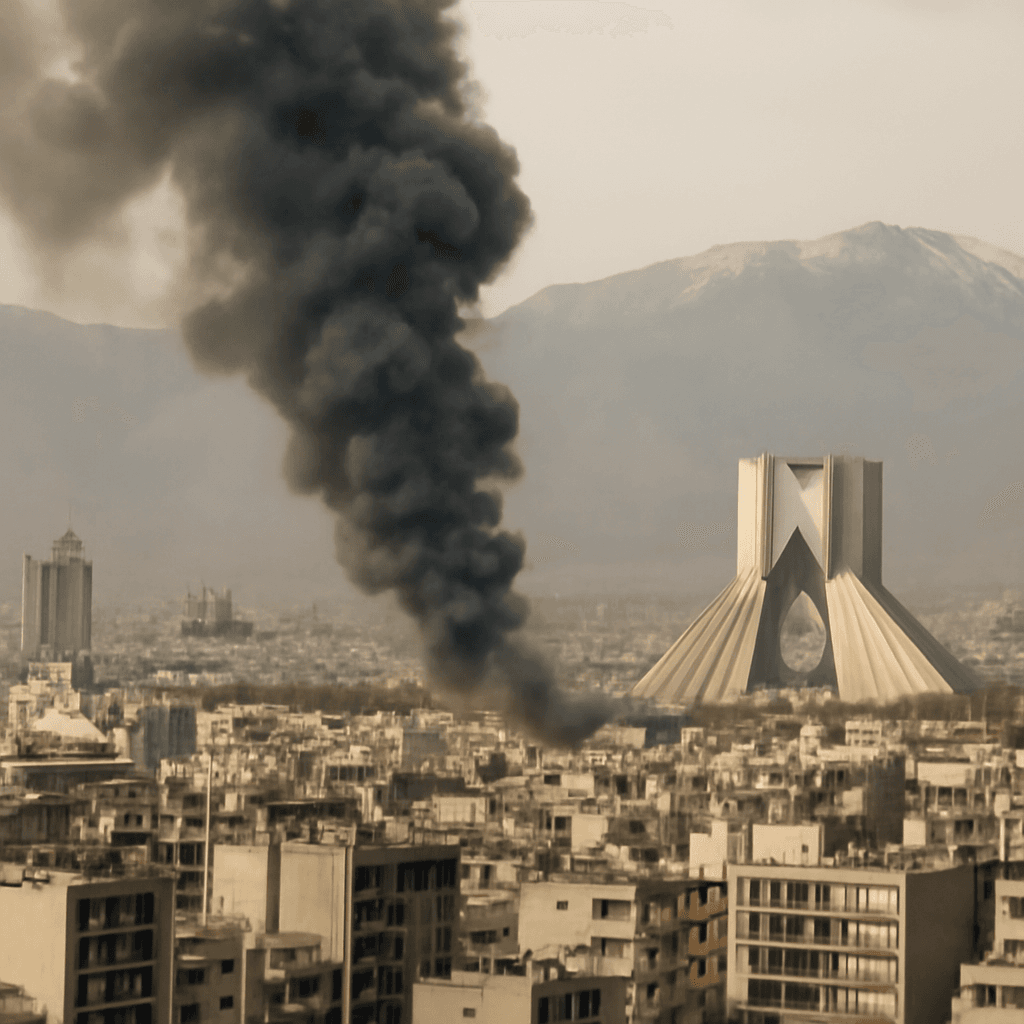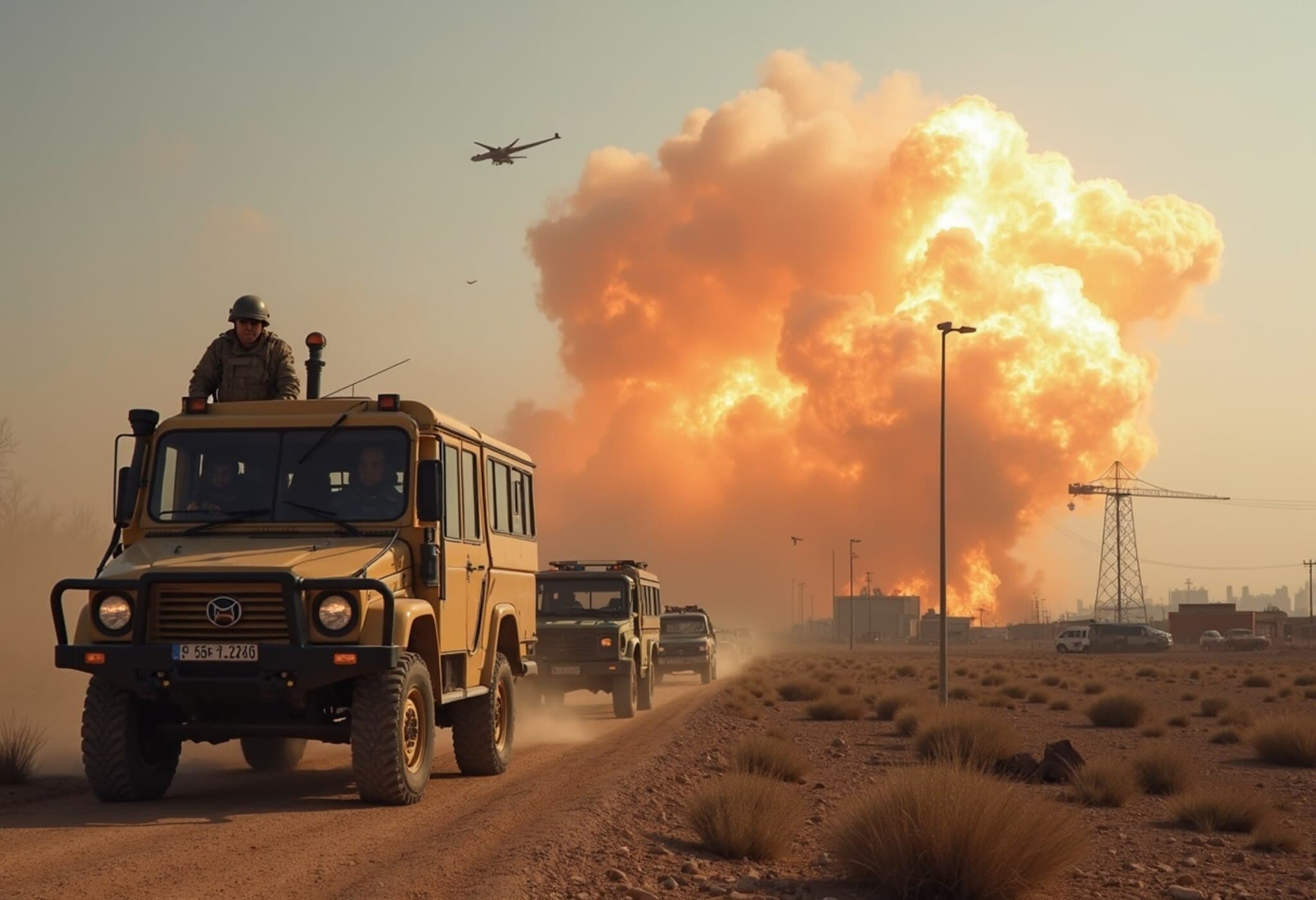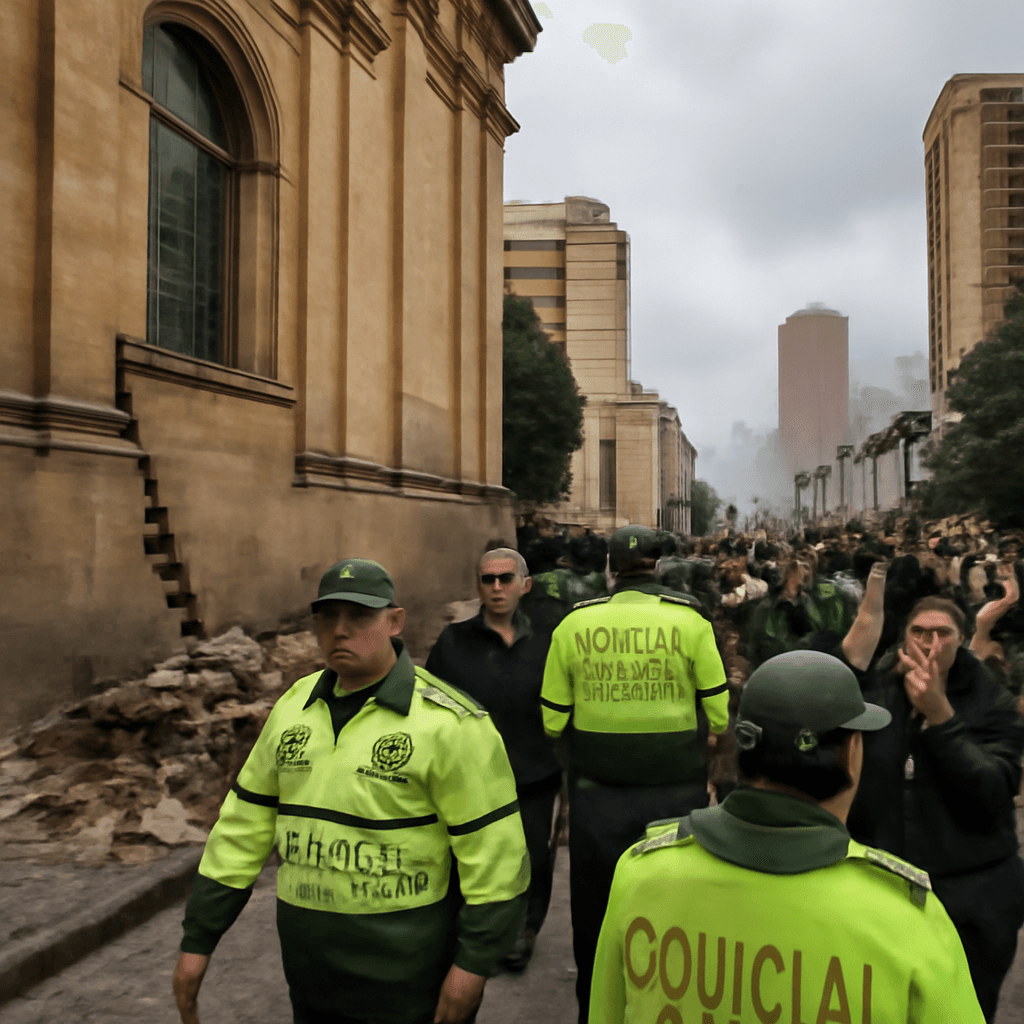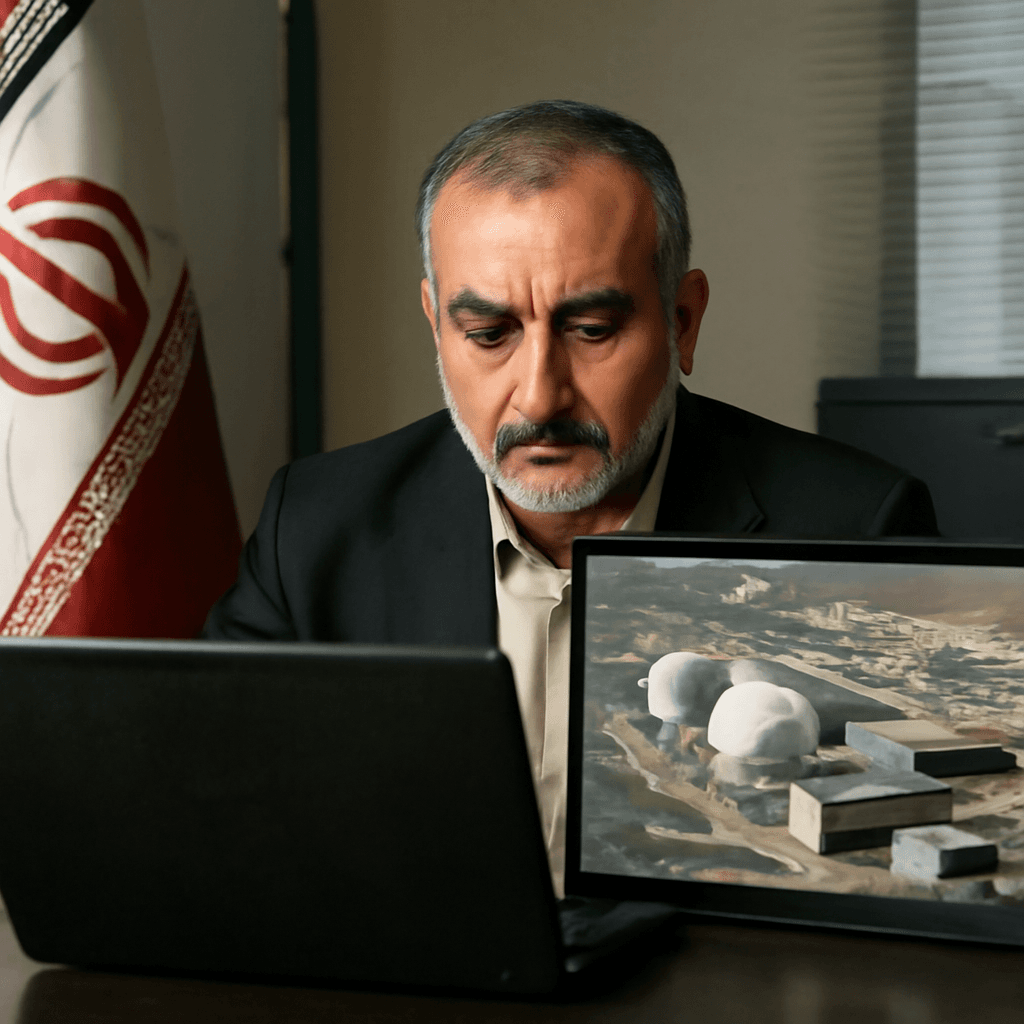Iran Announces Seizure of Classified Israeli Nuclear Documents
Iran’s Intelligence Minister, Esmail Khatib, announced on Sunday that Tehran has acquired a significant collection of secret information pertaining to Israel’s nuclear program. However, the minister did not provide any evidence to back up this bold claim.
Details of the Alleged Intelligence Haul
Speaking after a Cabinet meeting, Khatib described the seized intelligence as an "important treasury" comprising strategic, operational, and scientific documents linked to Israel’s nuclear activities. He asserted that thousands of pages were obtained through "infiltration" and "access to the sources," though he refrained from offering further specifics on how the materials were retrieved.
The minister also indicated that the documents include information connected not only to Israel but also to the United States, European countries, and others. According to Khatib, the Iranian intelligence ministry plans to make these materials public in the near future.
Context amid Rising Tensions
Israel, widely understood to maintain an undeclared nuclear arsenal and the only nuclear-armed state in West Asia, has not confirmed any espionage incident. The emergence of recent arrests involving alleged Israeli spies working for Iran adds urgency to the complex security environment, particularly in the shadow of the ongoing Israel-Hamas conflict in Gaza.
Facing International Scrutiny on Its Own Nuclear Activities
This announcement arrives as Iran prepares to confront heightened international oversight from the International Atomic Energy Agency (IAEA) Board of Governors regarding unresolved concerns about its nuclear program. Relations are tense after Iran rejected recent proposals from the United States aimed at reviving stalled negotiations, raising the prospect of escalating confrontations.
Western nations are reportedly set to propose that the IAEA find Iran in noncompliance with nuclear commitments, potentially triggering discussions before the U.N. Security Council. With the looming expiration in October of the "snapback" mechanism allowing original signatories of the 2015 nuclear deal to reinstate sanctions, the timing of these developments is critical.
Implications of Tehran’s Nuclear Advancements
Currently, Iran enriches uranium up to 60% purity, edging closer to the weapons-grade 90% mark. It possesses enough highly enriched uranium to construct multiple atomic bombs if it elects to do so.
In the absence of a revived agreement with the U.S., Iran’s fragile economy faces further instability, potentially fueling domestic unrest. Moreover, the possibility of airstrikes by Israel or the U.S. targeting Iranian nuclear sites remains a significant risk. Analysts warn that Tehran might respond by severing cooperation with the IAEA entirely and hastening its nuclear weapons development.
A Retaliatory Narrative Against Past Israeli Actions
Iran’s announcement may also serve as a counterpoint to Israel’s 2018 operation that extracted what was described as a “half ton” of documents related to Iran’s nuclear program. That disclosure was a pivotal moment preceding the U.S. withdrawal from the 2015 nuclear agreement under the Trump administration.
Khatib himself has been sanctioned by the U.S. Treasury since 2022 for allegedly orchestrating cyber espionage and ransomware campaigns in support of Iran’s political agenda, adding another layer of complexity to his claims.
Looking Ahead
As Iran and world powers navigate this tense chapter, the international community will be closely watching developments at the IAEA and the unfolding geopolitical repercussions. The stakes remain high, with nuclear proliferation risks and regional security hanging in the balance.

